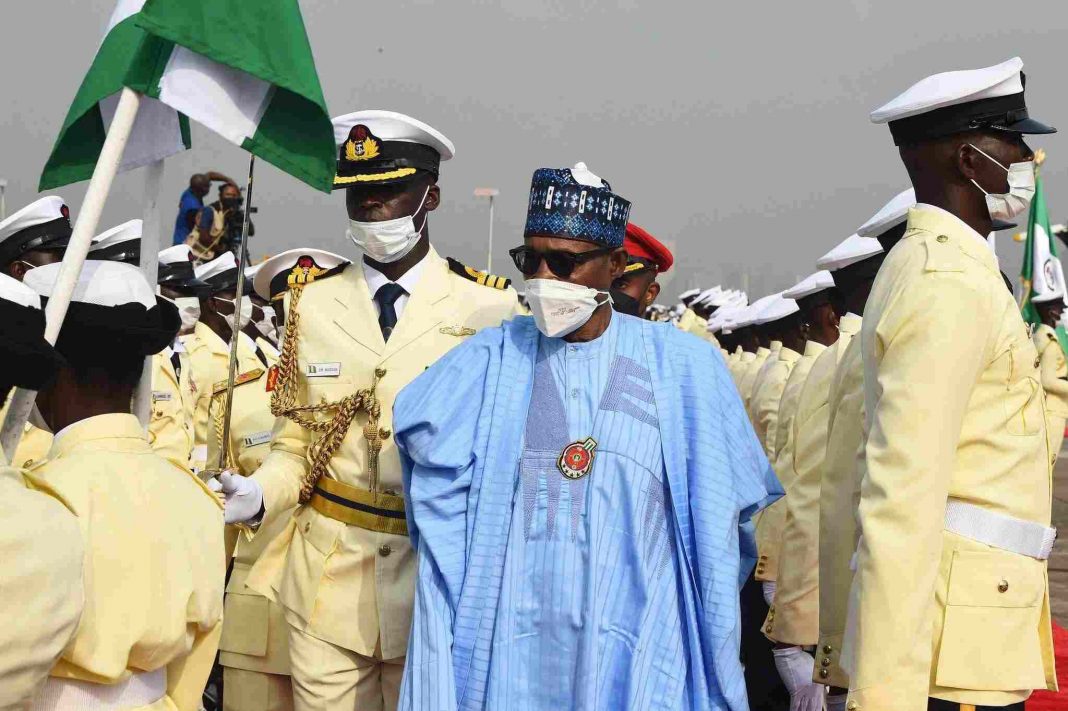Tweeting was reinstated in Nigeria on Thursday, ending a seven-month restriction that had been imposed after the social media site erased an offensive remark by Nigeria’s president, which promised a violent crackdown on separatist organisations in the nation.
The site was first prohibited by the government in June, but the decision was lifted on Wednesday when Twitter agreed to a number of conditions. An official from the Nigerian government said that Twitter would open an office in the country, pay taxes in the country, appoint a representative, and “act with a respectful awareness of Nigerian laws as well as the national culture and history.”
Since the ban took effect, Nigerians have been able to access the service only via the use of a virtual private network (VPN) or other means. Twitter’s removal of a post by President Muhammadu Buhari was widely believed to be the catalyst for the government’s decision to block the site; however, a government official, Kashifu Inuwa Abdullahi, stated on Wednesday that the site had been used “for subversive purposes and criminal activities” and had therefore been blocked.
President Muhammadu Buhari indicated in a now-deleted tweet that the government would “handle them in the language they understand,” a phrase that was widely interpreted as a reference to the deadly Nigerian civil war. Mr. Buhari was addressing “those misbehaving.” Some saw it as a threat of genocide, and they were right.
Over the last several years, Nigerian legislators have submitted a number of measures that, if enacted, would control social media, stating that such legislation is necessary for national security and national unity. According to human rights organisations, these proposals — none of which have been authorised — might be in violation of international conventions guaranteeing freedom of expression.
As of Wednesday night, Amnesty International declared the Twitter ban to be “illegal,” and condemned it as an assault on Nigerians’ fundamental freedoms, including freedom of speech, as well as their right to freedom of expression.
We have a goal to contribute to public discourse in Nigeria and around the globe, according to the post. Nigeria, where people use Twitter for business, cultural engagement, and civic involvement, is a country to which we are passionately devoted.
Nonetheless, it has tremendous power in the nation, where it is often used by the ruling class. In 2020, it was employed to organise the largest anti-government rebellion in a generation, which was conducted by young people in response to police brutality.
Following the ban, it is estimated that the economy of Nigeria lost more than $1.4 billion, according to a tool developed by the monitoring organisation NetBlocks to estimate the economic impact of internet outages, mobile data blackouts, and app restrictions. The tool estimates that the ban cost the economy more than $1.4 billion. There have been significant financial losses for many Nigerians who have utilised Twitter to advertise their companies to market their enterprises.
Aside from the economic ramifications, there were also significant social effects, according to Yemi Adamolekun, the executive director of Enough is Enough Nigeria, a nongovernmental group dedicated to good governance and public accountability.
In order to share information regarding the spread of the coronavirus, the Nigeria Center for Disease Control has been utilising Twitter, she said. When Nigerians were looking for information on reported cases, fatalities, and testing, they turned to this website. It was not possible to access the organization’s Twitter account throughout the suspension. The organization’s most recent tweet included a summary of instances by state on the 4th of June.
Although the group distributed information over Facebook, many Nigerians were unaware of this, even as the Delta variety spread across the country.
According to Ms. Adamolekun, “a lot of folks were not completely aware of the implications of the Delta variation since they were not receiving the updates.”

